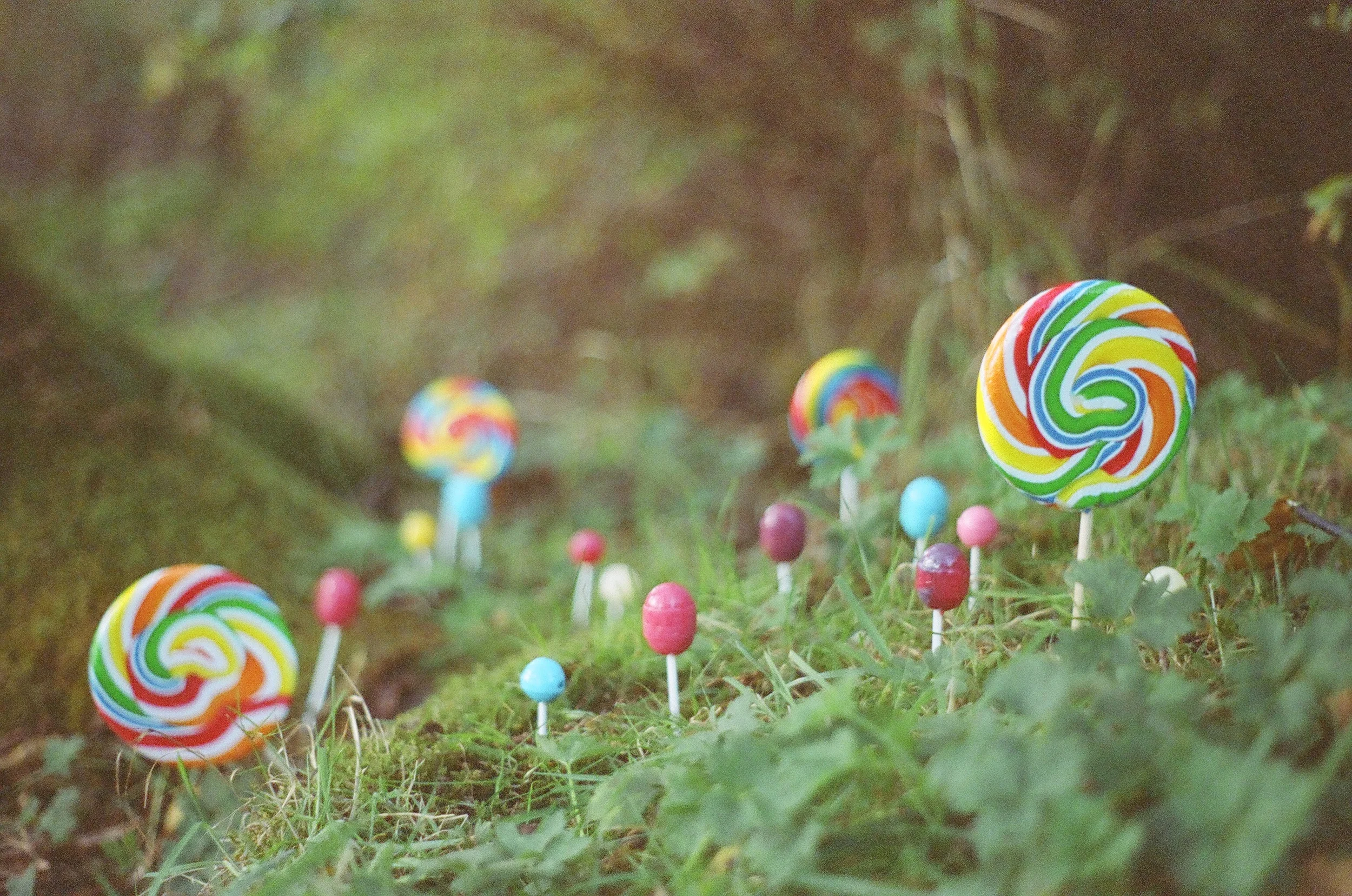When is the draft finished? There is a time in most writers’ lives when this question appears. Sometimes it’s when you’ve read and reread, edited, written, rewritten, torn apart and rebuilt the draft so many times you could recite the whole thing by memory – or at least the problem sections. Sometimes it’s a piece you’ve spent more time with than any piece that came before it. Sometimes it’s a second draft (although, not often). Suspicious elation sets in. Is this it? Is this how this piece goes? Is this where I stop?
As a freshman in college, I was obsessed with this question. How would I ever know when a piece was done? I asked every professor I knew, each author I had the privilege of meeting. Without fail, they indulged me. They tried to explain to me that you had to know there was nothing more to be said, no other way to say what had been written. I didn’t understand then that there is no clear answer to this question. I was frustrated by my lack of guidelines, frustrated that I didn’t have a number of drafts to count down, a number of edits to make.
Elmore Leonard once said, “If it sounds like writing, I rewrite it.” What Leonard understood when he said this is that the draft is only done when it no longer matters to you that it is finished. It is done when the question you are asking changes. It is done when you are no longer a part of the question.
At the Chuckanut Writers Conference last summer, I had the privilege of hearing Kristiana Kahakauwila’s keynote address. She began her address by explaining that the question she was going to try to answer was one that she was continuously asked by her students – How do you know when the draft is done? She eloquently and succinctly wove together her experience, advice, and process, captivating the audience with open admission that she didn’t know one answer. Instead, she shared her own method. She said that for her, the draft is done when it is no longer a part of her and is, instead, its own being.
When we ask if the draft is done, we are asking if we have done enough. We are asking if we have done our jobs as hopeful writers. We are asking if we can move on. That is not the right question.
It does not matter how many adjectives you erase, how many commas you move, or how many times you rewrite the first and last paragraph – there is no benchmark you can hit, no finite amount of time the draft requires. What matters is whether or not you have given the story its voice, whether or not you have given the story the power to be separate from you.
Joyce Carol Oates once said, “Novels begin not on the page, but in meditation and daydreaming – in thinking, not writing.” I’m inclined to agree with her, but I think it is fair to recognize that while novels and stories may begin this way, they end this way as well. The writer’s work may be done with the last word on the last page, but the draft is only done when the story stays with the reader long after that.
Warmly,
Hannah Newman
Founder, Sweet Tree Review

